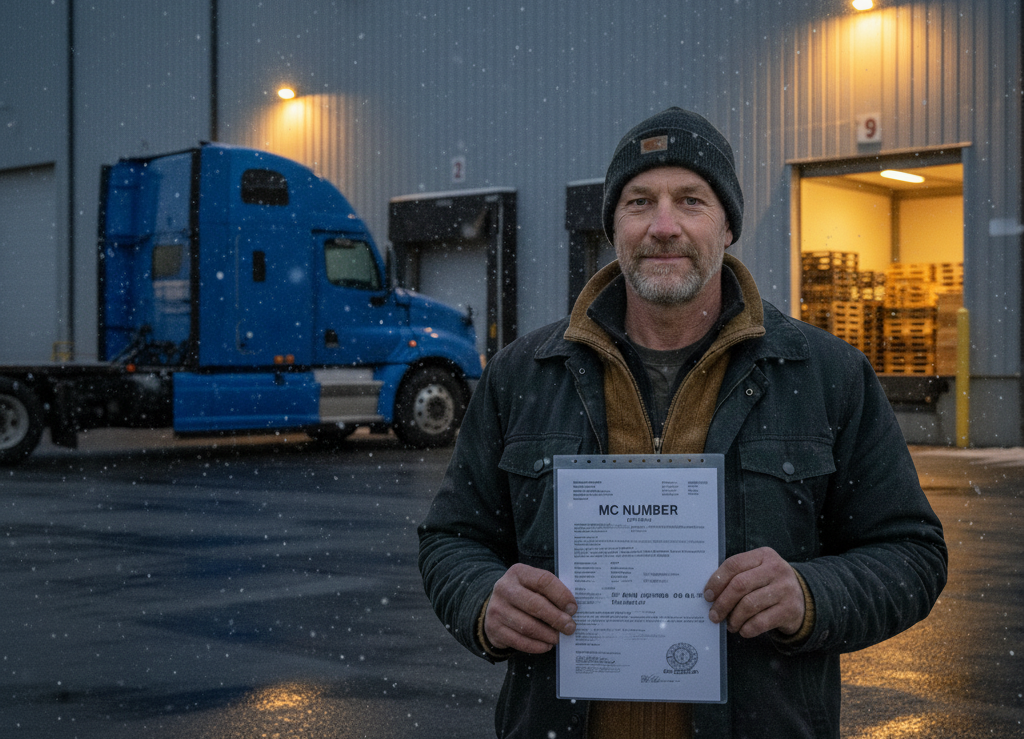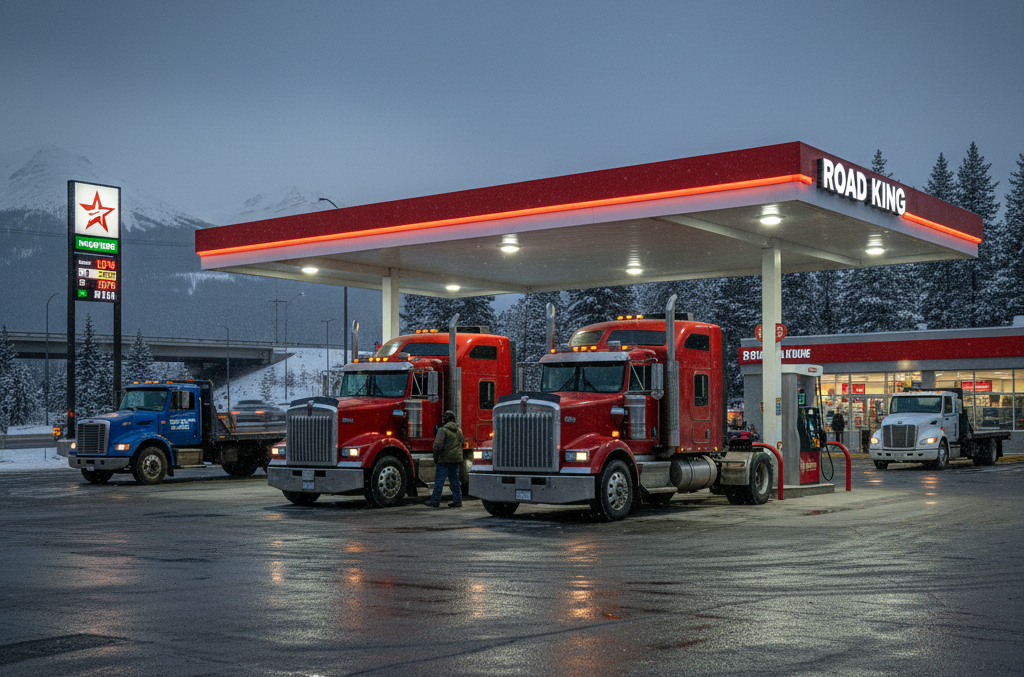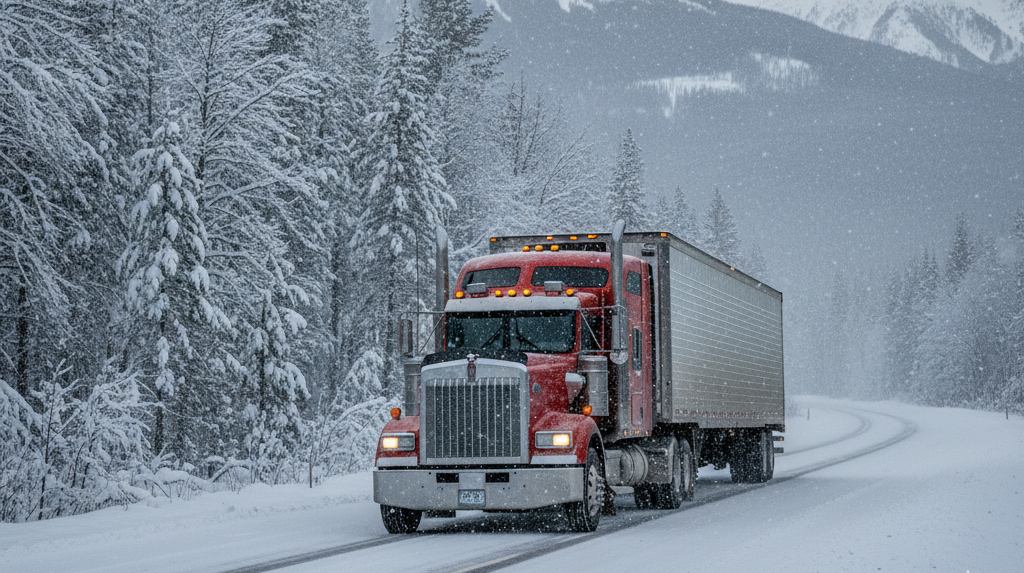What is a Non-Commercial Driver’s License?
A non-commercial driver’s license is the main document required for driving. With it, you can operate personal vehicles. The primary purpose is personal transportation and not work-related tasks that require special permitting.
There are a few main classes of non-CDL licenses:
- Class D (Standard Driver’s License). This is the most common type that allows driving on standard vehicles, such as cars, SUVs, and light trucks.
- Class C. The non-CDL class C license is required for operating smaller passenger buses (up to 14 passengers) or vans and vehicles carrying certain hazardous materials. Still, you’ll need additional endorsements depending on what you plan to transport.
- Class E (For-Hire License). This type is needed for individuals who drive for hire, such as taxi drivers or chauffeurs.
So, what does non-CDL mean? It’s a license that doesn’t foresee commercial driver’s activities. A non-CDL is designed for individuals who don’t plan to drive vehicles as part of their job.
What is a Commercial Driver’s License (CDL)?
A Commercial Driver’s License (CDL) is a specialized license required for those drivers who operate large, heavy, or hazardous vehicles. Typically, it refers to truck drivers, bus drivers, or operators of heavy machinery.
There are three main classes of CDL:
- Class A. This license allows operating vehicles with a combined weight of 26,001 pounds or more, while the towed vehicle can weigh 10,000 pounds or more. It includes tractor-trailers, livestock carriers, flatbeds, and other large vehicles.
- Class B. It allows you to operate single vehicles weighing 26,001 pounds or more or tower vehicles weighing less than 10,000 pounds. This covers straight trucks, large buses, box trucks, and dump trucks with small trailers.
- Class C. This CDL type is required for operating vehicles that transport 16 or more passengers or hazardous materials. Class C license allows driving small passenger buses, airport shuttles, and vehicles carrying hazardous materials.
In addition to the licenses, drivers may need additional endorsements to operate some vehicle types or transport some cargo types. In particular, drivers must obtain permits to transport hazardous materials, passengers, tanker vehicles, or double/trip trailers.
Key Differences Between CDL and Non-CDL Licenses
You should know the difference between CDL vs non CDL, as they foresee different preparations, skills requirements, and responsibilities. It ensures your understanding of what license you need for your activities.
| Aspect | CDL | Non-CDL |
|---|---|---|
| Vehicle Type and weight | Large, heavy, or specialized vehicles, typically over 26,001 lbs | Personal vehicles, typically under 26,001 lbs |
| Driving purposes | Professional, work-related driving | Personal or small business use |
| Regulations | Stricter regulations, including written, skills, and medical examinations | Standard written and road tests, no medical exams |
| Training | Requires specialized training through accredited programs | Minimal training through standard driving schools |
| Insurance and Liability | Higher insurance costs due to increased risk and liability | Lower insurance costs due to lower risk |
| Endorsements | Requires additional endorsements for specific vehicles or loads | Requires endorsements for passenger or hazardous materials transportation |
When Do You Need a CDL?
CDL is obligatory for specific driving scenarios. In particular, this covers operating large, heavy, or specialized vehicles. CDL is a legal requirement and a safety measure, as it verifies drivers are trained enough to handle challenges and ensure safe transportation.
Operating Heavy Vehicles
This is the main aspect of a commercial driver’s license. This includes vehicles with a Cross Vehicle Weight Rating (GVWR) of 26,001 pounds or more, such as large trucks, tractor-trailers, dump trucks, and delivery vehicles. Usually, such vehicles are used in construction, freight hauling, and other industrial sectors.
Hazardous Materials Transportation
Hazardous materials transportation requires a driver to have a CDL with a proper endorsement. Usually, it refers to shipping chemicals, fuel, explosives, and other dangerous goods.
The obtaining of such an endorsement requires additional training and testing to ensure a driver has the necessary skills and is ready to handle potential issues on the road.
Passenger Transportation
A CDL with a passenger endorsement is required if you drive a vehicle that carries 16 or more passengers. This includes buses and charter or shuttle services.
Towing Large Trailers
A CDL Class A or B license is required for towing large trailers. The license type depends on the trailer’s weight.
When Can You Use a Non-CDL License?
A non-commercial driving license is needed for most everyday driving scenarios. It’s sufficient when a driver doesn’t operate a heavy or specialized vehicle that requires a CDL.
In particular, a non-CDL covers driving needs, from personal use to certain professional activities.
Driving Personal Vehicles
A non-CDL is sufficient for driving personal vehicles. This refers to cars, SUVs, light trucks, and motorcycles. They also don’t require additional endorsements.
Small Business Operations
Smaller vehicles, such as delivery vans, don’t require a CDL for business purposes. A non-CDL license is sufficient for this. This aspect also includes businesses like local delivery services, floral shops, or small-scale food trucks.
Agricultural Vehicles
Some states allow farmers to operate agricultural vehicles within a certain distance without needing a CDL. This includes tractors, combines, and other farm equipment if they don’t use public highways.
Driving Learning
A learner’s permit or a non-commercial permit allows driving practices under supervision. This is a step towards obtaining a full non-CDL or CDL, depending on future needs.
Conclusion
Understanding the difference between CDL and non CDL is important for navigating the complexities of driving. Each type of license involves different set of requirements and responsibilities, which aim to ensure safety and regulations compliance on the road. Knowing which license suits your needs allows you to make informed decisions that align with your driving goals.
CDL is the main requirement for starting a career in trucking or other commercial driving sector. The license will verify your skills to handle large vehicles and readiness to face issues on the road. In addition, the training will help you prepare for the challenges of the job.
At the same time, a non-CDL is sufficient for driving personal and small business vehicles without the added burden.
This understanding is crucial to ensure you’re compliant and well-prepared for the road.




